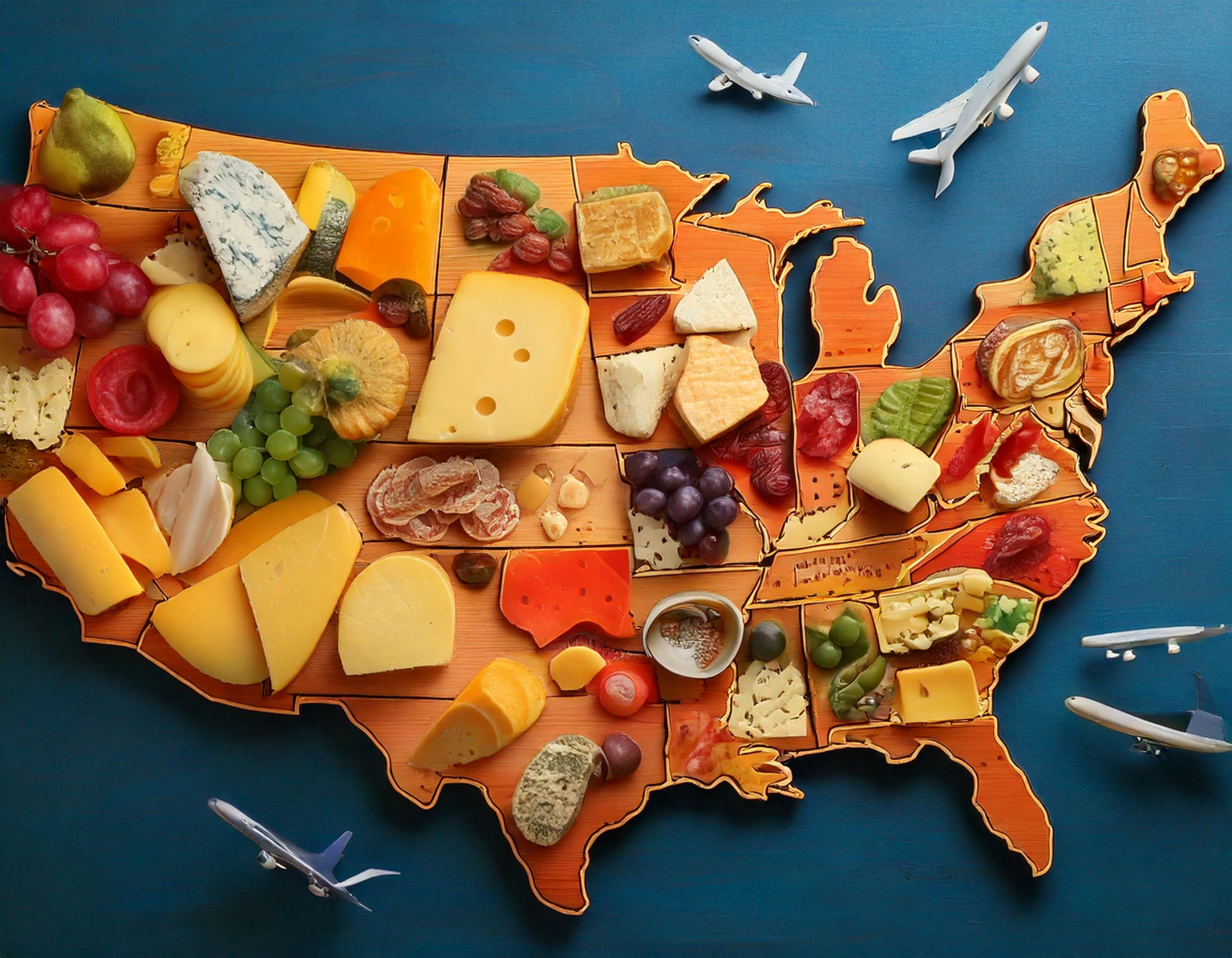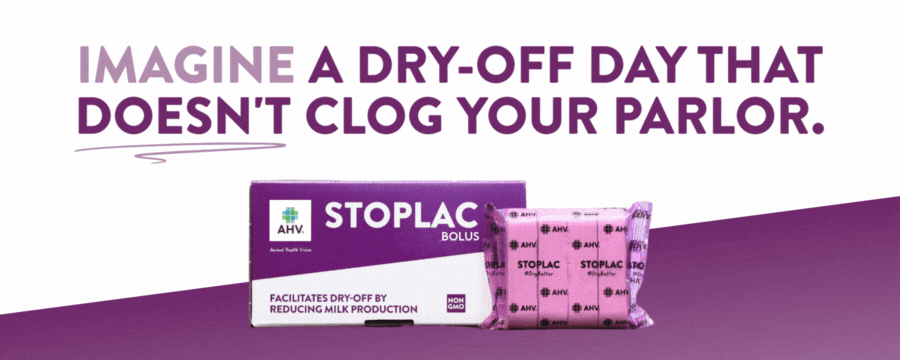Learn how U.S. cheese exporters are dealing with EU trade obstacles. Will the SAVE Act and CCFN’s work protect market access for American dairy?
Summary:
As global demand for cheese grows, U.S. dairy producers face challenges from the European Union’s strict rules on using common food names. The EU’s protections for cheese names like Parmesan, feta, and Asiago can block American cheesemakers from selling their products under these names internationally. The Consortium for Common Food Names (CCFN) is working to protect U.S. interests by opposing unfair trademark applications. At the same time, the Safeguarding American Value-Added Exports (SAVE) Act aims to safeguard these common names in trade talks. U.S. producers must navigate these hurdles to remain competitive, with the global cheese market projected to reach $225.42 billion by 2030, driven by consumer preference for protein and ready-to-eat foods.
Key Takeaways:
- The global cheese market is projected to grow significantly by 2030, driven by a rise in consumer interest in protein-rich and convenience foods.
- U.S. dairy exporters face political barriers primarily due to the European Union’s restrictive policies on common food names.
- The Consortium for Common Food Names (CCFN) actively opposes bad-faith trademark applications and advocates for preserving common names.
- The Safeguarding American Value-Added Exports (SAVE) Act has been introduced to protect common food names in global trade negotiations.
- Bipartisan support exists for legislative efforts to prioritize the protection of familiar names in the international market.
- Legal victories, like the ruling on “Parmesan” use in Singapore, provide hope for continued market access for U.S. producers.
- Resolving trade disputes is crucial for U.S. dairy exporters to remain competitive and capitalize on global market opportunities.

Imagine spending decades getting better at making cheese in Wisconsin, only to find out that you can’t sell your famous Parmesan in other countries under its name. That’s what happened to Pete. The rules of the European Union made it impossible for him to sell his award-winning cheese. As a result of EU geographical indication (GI) rules, Pete couldn’t call his cheese “Parmesan” in places that follow EU rules. Pete was struggling with his life’s work, not just his business. “Getting my cheese recognized internationally,” he says, “became a fight against bureaucratic barriers.” Pete’s story shows a bigger problem. In 2030, the world’s cheese market could be worth $225.42 billion, thanks to people’s need for protein and Western diets. However, because the EU owns cheese brands like Parmesan, feta, and Asiago, U.S. cheesemakers might be unable to sell cheeses like Parmesan feta and Asiago. Let’s discuss how this problem impacts American dairy farmers and what’s being done to fix it.
Cheese Surge: Navigating Opportunities in a Growing Global Market
There are many chances for exporters to make money in the vast cheese market worldwide. With a steady growth rate of 4.28% from 2025 to 2030, it should reach $225.42 billion by 2030. The rise is changing what people around the world eat and like. A big part of this growth is that more people want protein-rich foods. Cheese is rich in protein and is favored by health-conscious individuals seeking nutritious food. There is a significant focus on consuming protein in wealthy and developing nations. Another reason is that people in developing areas love Western food. Western foods, like cheese, are becoming more popular as these places become more modern. The increase in urbanization, higher incomes, and busier lifestyles have contributed to this shift, making cheese more attractive and accessible. Also, there is more demand for ready-to-eat and convenience foods, and cheese is often the star. The growing global cheese market shows that peoples’ tastes are changing and that cheese is being used in more foods worldwide. This growth is an excellent sign for exporters ready to take advantage of the changing world.
Challenges on the Cheese Front: EU Regulations Tie Up U.S. Dairy Exporters
Most political problems that U.S. dairy exporters face stem from the EU’s strict rules on common food names and Geographical Indications (GI). These rules make it challenging for U.S. cheese makers to expand their businesses internationally. The EU uses GI rules to protect food names from specific areas, like Parmesan or feta. This helps protect local customs but can make it harder for businesses to compete. Regardless of the cheese’s origin, names like Parmesan and Asiago have been universally used to label it, even within the U.S.
The EU’s restriction on using these names can lead to U.S. exporters losing significant markets where their cheese names can no longer be used. This potential loss can profoundly affect the brand recognition and consumer loyalty these exporters have built over time.
The EU also uses free trade agreements to make these GI rules even stricter, complicating things for U.S. businesses. When a country agrees to follow EU rules, U.S. cheeses may not be as well-known in that market. This could make it harder for people to choose between U.S. cheeses and hurt U.S. exports.
These aren’t just paperwork problems for American dairy farmers but real threats. Losing access to markets can hurt their bottom line, making it harder for them to make a living and reducing the number of markets where U.S. dairy products can be sold. Addressing these problems is essential for U.S. producers to stay competitive in the global market. Without solutions in international talks, it will be hard for U.S. dairy exporters to keep their place in the world’s growing cheese market.
CCFN: A Beacon of Hope for Fair Access in the Cheese Name GameThe Consortium for Common Food Names (CCFN) is crucial in supporting U.S. dairy exporters grappling with global challenges. CCFN is at the forefront of combating unfair trademark claims worldwide, ensuring that common food names remain accessible to all. It also champions the rights of American producers in international markets, providing them with a strong voice in the global arena.
In addition, CCFN works hard to ensure that names like Asiago, Parmesan, and feta are free to use. These names are part of our shared food history and don’t belong to any one country. CCFN raises international governments’ and groups’ awareness of these problems and teaches them why open access is so important.
CCFN plans to work with U.S. government agencies like the U.S. Trade Representative (USTR) and the U.S. Department of Agriculture (USDA). They want strong protections for familiar names in trade agreements. To do this, they use various tools to keep American companies competitive on the world market, especially when EU rules are in place.
Legislating Cheese Freedom: The SAVE Act’s Crucial Role in U.S. Dairy Export ProtectionThe Safeguarding American Value-Added Exports (SAVE) Act was established by U.S. lawmakers in reaction to the European Union’s stringent regulations on generic food names. This law protects U.S. dairy exports by ensuring American cheesemakers can still sell traditional cheeses like Parmesan and feta in international markets. The SAVE Act tells the USDA and the U.S. Trade Representative to fight against the EU’s aggressive trade moves by protecting these names in trade talks. Republicans and Democrats in Congress back the Act because they know it is essential to protect American economic interests and keep U.S. dairy producers competitive.
Legal Wins Provide Hope and Opportunity for U.S. Cheese Exporters
Recent legal successes have provided optimism for U.S. exporters in the competitive cheese industry. These wins not only underscore the relentless efforts of the American dairy industry to secure fair market access but also serve as a beacon of hope for other markets grappling with the misuse of geographical indications (GI). These victories serve as a hopeful blueprint for the future.
The U.S. Circuit Court of Appeals said “Gruyere” is a general word. Groups in Europe had long fought to protect the name of a cheese made only in the Gruyere region of Switzerland and France. This decision makes it clear that producers from anywhere in the world should be able to use terms that become generic over time.
For U.S. cheese exporters, these wins are significant. They help keep markets open where they are now and give businesses a chance to grow into new ones without having to worry about unfair GI claims. The legal victories are suitable for the U.S. dairy industry because they let cheesemakers show the world the tradition and quality of American cheese.
These results show the importance of being alert and speaking out in trade. Each win makes it easier for U.S. cheese exporters to grow, ensuring that American-made cheese stays a mainstay worldwide. Thanks to groups like CCFN, U.S. cheesemakers can look forward to a bright future where heritage and new ideas can thrive in a world that respects common food names.
Strategizing Success: Navigating Trade Challenges for U.S. Cheese Exporters
Settlement of trade disputes is crucial for the future of U.S. cheese exports. The worldwide cheese market is expanding rapidly, and American dairy farmers must address these problems to exploit new international opportunities. Strict geographical indication (GI) and naming regulations present substantial obstacles for U.S. cheesemakers. However, overcoming these problems isn’t just the law; it’s also essential for U.S. cheesemakers to stay competitive in the global market.
Remaining competitive demands more than a reactive approach; it necessitates robust laws, proactive strategies, and continuous advocacy. The Safeguarding American Value-Added Exports (SAVE) Act is a step in the right direction. By protecting common names, the U.S. takes a more assertive stance in global negotiations and supports fair trade. But that’s not the end of the work. Groups like the Consortium for Common Food Names (CCFN) must keep fighting against unfair trade policies that could hurt U.S. producers.
Legal actions, diplomatic talks, and strategic partnerships with allies worldwide are needed to move forward. U.S. dairy exporters will be better able to take advantage of the growing demand for cheese if they focus on ending current disputes and stopping new ones from happening. Achieving success requires strategic planning and diplomatic efforts. Still, the future looks bright for American dairy products worldwide with the right help and hard work. Winning in these areas will protect current markets and open up new ones, which will help U.S. cheesemaking grow around the world.
The Bottom Line
Let’s work together to protect our American cheeses as the market for cheese worldwide grows. For our dairy farmers and cheesemakers, the fight against EU rules isn’t just about names. We’re all in this together, whether you like farming or cheese. Help with things like the SAVE Act and the CCFN. Your opinion is vital. We value your input and invite you to join the discussion! Please participate in the conversation on community forums, social media, or with groups fighting for our cause. By working together, we’ll keep our beloved cheeses’ taste, history, and quality alive.
Learn more:
- U.S. Dairy Exports Surge in April: Record Cheese Shipments and Whey Boost
- How Cheese Exports and China’s Demand are Powering the US Dairy Economy in 2024
- The USDA’s February Dairy Supply and Utilization report revealed market secrets.
 Join the Revolution!
Join the Revolution!
Bullvine Daily is your essential e-zine for staying ahead in the dairy industry. With over 30,000 subscribers, we bring you the week’s top news, helping you manage tasks efficiently. Stay informed about milk production, tech adoption, and more, so you can concentrate on your dairy operations.







 Join the Revolution!
Join the Revolution!



